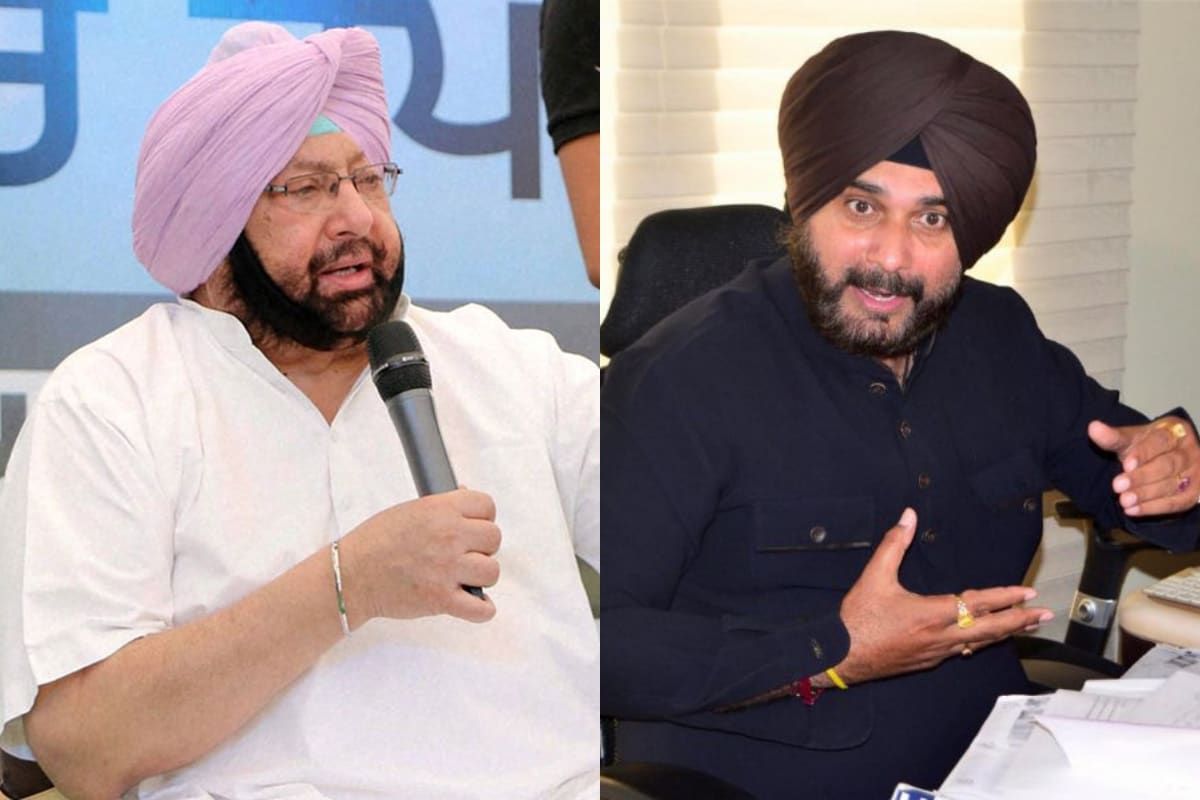The international community’s failure to stop mass killings and tyranny in Syria paved the way for Russia’s President Vladimir Putin to proceed with his invasion of parts of Ukraine in 2014 and then again this year.
This issue was thrust back into the limelight last week when Ukraine’s President Volodymyr Zelenskyy addressed the UN Security Council.
Last week also marked five years since Syria’s air force dropped a Russian bomb with Sarin gas on Khan Sheikhoun, killing and injuring hundreds of civilians.
“The chain of mass killings from Syria to Somalia, from Afghanistan to Yemen and Libya should have been stopped a long time ago to be honest,” Zelenskyy said during a powerful speech to Security Council members, urging them not to allow Russia to continue to go unpunished for its war crimes.
“If tyranny had ever received such a response to the war it had unleashed that it would have ceased to exist and a fair peace would have been guaranteed after it, the world would have changed for sure,” Zelenskyy said.
Former US officials and analysts concur.
“This was our best shot to send Putin a strong deterrence message. Alas, the Obama administration was not interested in getting more involved in Syria,” said Randa Slim, a program director at the Middle East Institute. “Obama felt Putin would be stuck in a quagmire in Syria, which was good news for the US.”
Former US President Barack Obama notoriously warned the Assad regime in 2012 that if it used chemical weapons, it would cross a “red line” and be met with a response.
Chemical weapons were widely used, and the Obama administration failed to act.
Obama said the United States would do what it could to help advance UN-led peace talks in Geneva on Syria’s political future. (File Photo: Reuters)
“Some in the Obama [administration] thought the Russians [could] present a challenge to Iran’s game in Syria. Others were hoping that the Russian intervention [would] decelerate the momentum of ISIS military advances,” Slim told Al Arabiya English.
A similar warning was made by Obama when it came to Ukraine in 2014 as Russia annexed Crimea.
Former US Special Envoy for Syria Joel Rayburn said Russia was “overestimated” as a military superpower twice in less than 50 years.
“In overestimating Russian power, we failed to secure vital interests & let unnecessary disasters unfold in Syria & elsewhere. Time to learn,” Joel Rayburn tweeted.
Twice in a half century the west has grossly overestimated Russia as a military superpower, when in fact its military was hollow and inept. In overestimating Russian power we failed to secure vital interests & let unnecessary disasters unfold in Syria & elsewhere. Time to learn.
— Joel Rayburn (@joel_rayburn) April 7, 2022
But Tony Badran, a research fellow at the Foundation for Defense of Democracies, said Syria was not a failure in standing up to the Russians.
“It was something worse. It was a deliberate two-step between Obama and Putin, in the service of Obama’s realignment strategy with Iran,” Badran said. “And it was paid for not only in Syria, but also, simultaneously, in Ukraine. And very specifically, at the expense of NATO.”
Since late last year, the US had warned that Russia was preparing for a military invasion of Ukraine while Moscow repeatedly denied what has now been proven as credible.
The Biden administration’s chaotic withdrawal from Afghanistan and Putin’s monthslong isolation due to the COVID-19 pandemic are believed to have factored into the Russian president’s decision to greenlight the invasion.
Jomana Qaddour, head of the Syria Portfolio at the Atlantic Council, said Putin made an “advanced audit” of US and European will and interest before proceeding in Ukraine.
“Time and time again in Syria, Putin saw the US willing to concede space for Russian presence and objectives, rather than respond in return and create more of a ‘deconfliction mechanism’ whereby some mutual interests might have been served, but Russian interests did not reign supreme,” Qaddour told Al Arabiya English.
Pointing to the “countless demons” in Syria, including Iranian and Russian-backed militias, ISIS, and the Assad regime, Qaddour said: “With results such as this, I’m not sure Putin would have expected significant Western pushback in Ukraine.”
For his part, Brian Katulis, the VP of policy at the Middle East Institute, said: “As you watch Russia’s brutal war on Ukraine unfold – don’t forget: This moment was brought to you in part by those who said they were “proud” America did not engage more deeply in Syria. And those who called for “restraint” or shrugged their shoulders.”
Remember that this moment in Ukraine was brought to us in part by all of those who shrugged their shoulders over what has happening Syria and argued that the United States should exercise “restraint” in the Middle East.https://t.co/qrxzaYMfhX
— Brian Katulis (@Katulis) April 12, 2022




